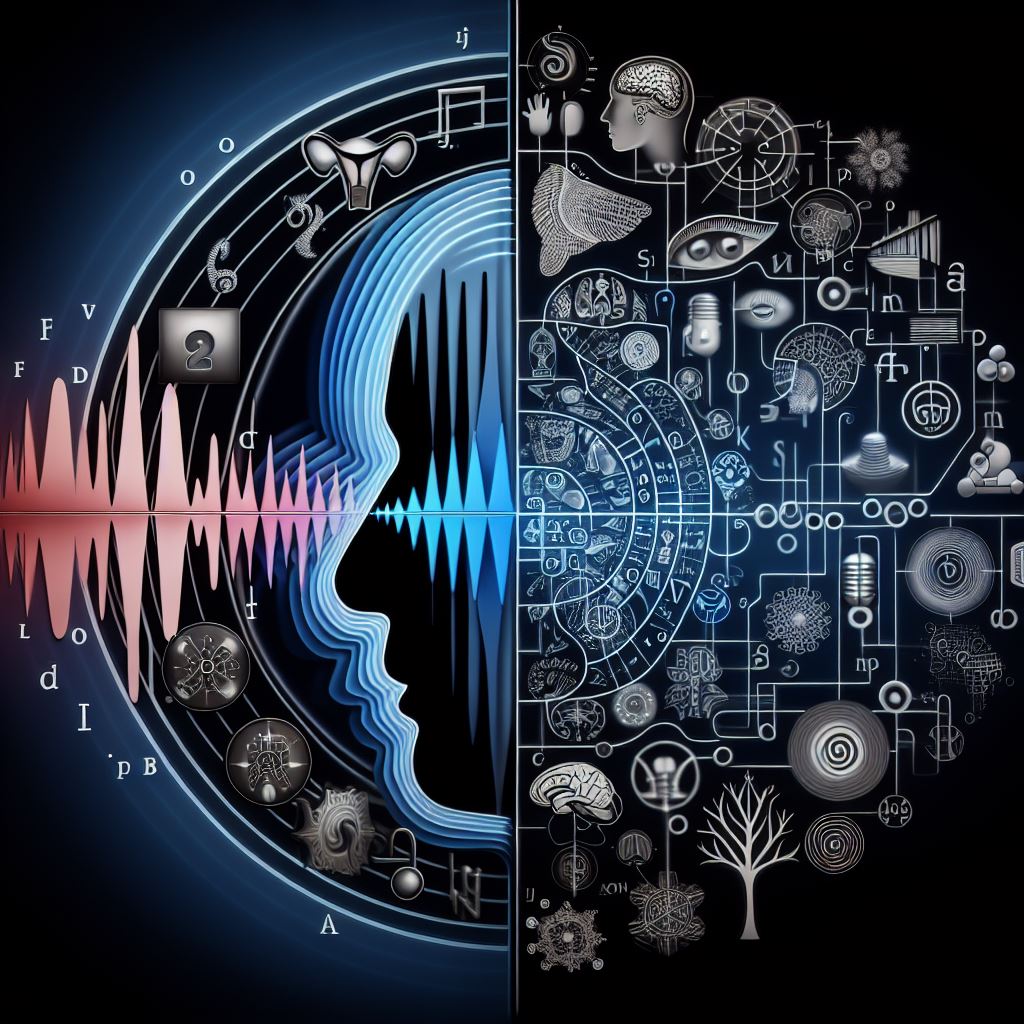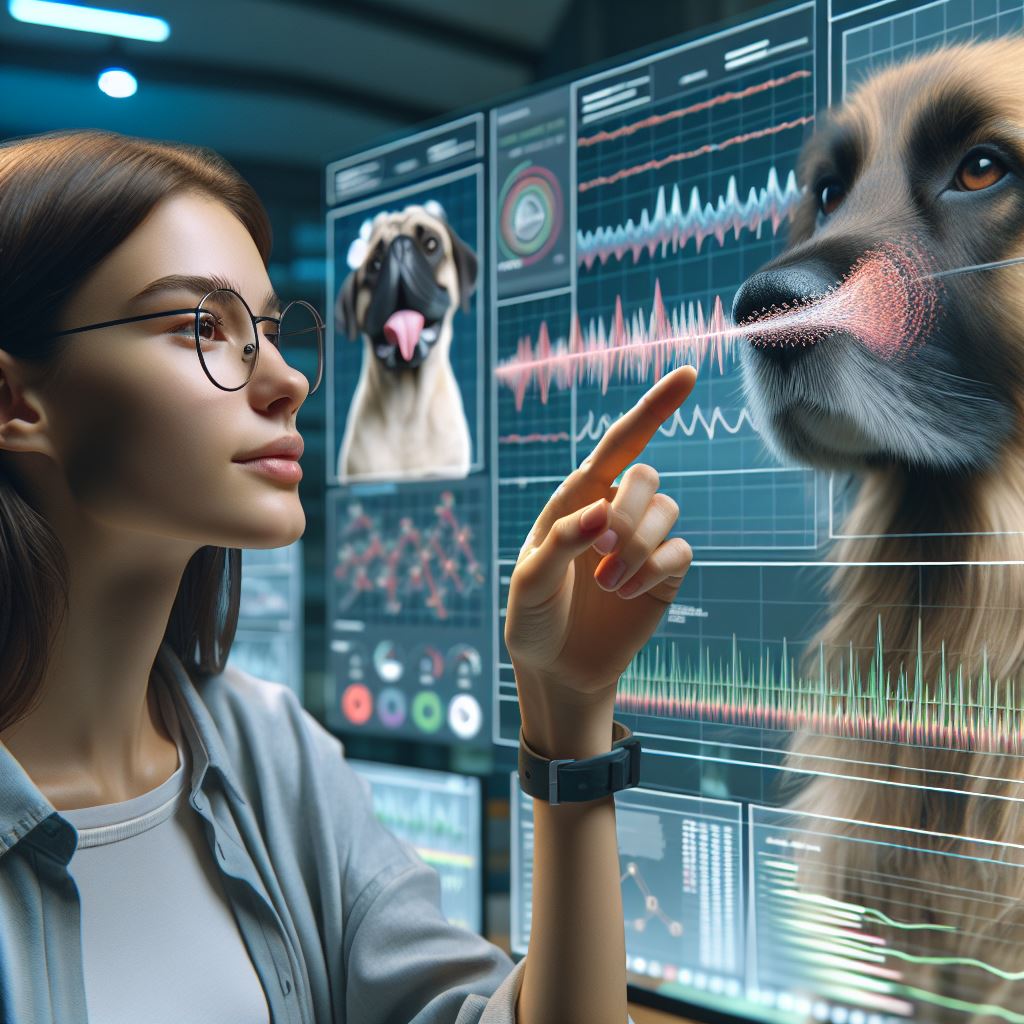About
The Cornell Phonetics Lab is a group of students and faculty who are curious about speech. We study patterns in speech — in both movement and sound. We do a variety research — experiments, fieldwork, and corpus studies. We test theories and build models of the mechanisms that create patterns. Learn more about our Research. See below for information on our events and our facilities.

Upcoming Events

27th March 2025 04:30 PM
Linguistics Colloquium Speaker: Helena Aparicio
The Department of Linguistics proudly presents Dr. Helena Aparicio, Assistant Professor of Linguistics at Cornell University.
Dr. Aparicio will present a talk titled: "Scalar implicature rates vary within and across adjectival scales"
Recent experimental literature has investigated across-scale variation in scalar implicature calculation, probing why lexical scales differ from each other in their likelihood of being strengthened (e.g. old --> not ancient vs. smart --> not brilliant)But in existing studies of this scalar diversity, less attention has been paid to potential variation introduced by the carrier sentences that scales occur in.
In this paper, we carry out a systematic investigation of the role of sentential context on scalar diversity, focusing on scales formed by two gradable adjectives.
We find within-scale variation: different subject nouns (e.g., The employee is smart vs. The scientist is smart) have a significant effect on how robustly a scalar implicature arises. We then explore the relationship between a noun’s prior likelihood of exhibiting the stronger adjectival property (e.g., brilliance) and the rate of implicature calculation, and find that they are negatively correlated.
We also test whether a previously identified factor in scalar diversity, adjectival threshold distance between the weaker (smart) and stronger (brilliant) adjective, is sensitive to the subject noun manipulation, but find inconclusive evidence for this.
In addition to their theoretical import, our findings also highlight the methodological importance of controlling carrier sentences.
Location: 106 Morrill Hall, Cornell University, 159 Central Avenue, Morrill Hall, Ithaca, NY 14853-4701, USA
28th March 2025 12:20 PM
Phonetics Lab Meeeting
We will discuss Abby, Marie Huffman, P-Lab alumnus Margaret Renwick's new chapter for the Oxford Handbook of Laboratory Phonolog, 2nd edition titled: "The interaction between phonology and phonetics".
Please read the chapter ahead of time, and come with comments, questions, and feedback.
Location: B11 Morrill Hall, Cornell University, 159 Central Avenue, Morrill Hall, Ithaca, NY 14853-4701, USA
7th April 2025 12:20 PM
PhonDAWG - Phonetics Lab Data Analysis Working Group
Annabelle will present nasal airflow data from her Q-paper.
Location: B11 Morrill Hall, Cornell University, 159 Central Avenue, Morrill Hall, Ithaca, NY 14853-4701, USA
10th April 2025 04:30 PM
Linguistics Colloquium Speaker: Donka Farkas to speak on Rising Intonation in English
The Department of Linguistics proudly presents Dr. Donka Farkas, Professor Emerita of Linguistics at the University of California, Santa Cruz.
Her talk is titled: The Interpretation of Rising Intonation in English
This talks funded in part by the GPSAFC and Open to the Graduate Community.
Abstract:
This talk proposes a unified account of rising intonation in regular interrogatives, exemplified in (1), as well as in declaratives pronounced with rising intonation, exemplified in (2):
1.a. Is Joan home?
b. Who is home?
2.a. Seeing a friend come in with red cheeks: It is cold out there?
b.Teacher to student who has claimed that 2 + 2 = 5: Two plus two is five?
c. Walking up to the receptionist in a medical office: My name is Mark Liberman? I have an appointment at 5?
In pursuing a unitary account of these examples, I follow Gunlogson (2001), Rudin (2019), Goodhue (2025) a.o., and depart from Farkas and Roelofsen (2017), in treating the contribution of rising intonation as contextual. Consequently, the semantic content of rds of all stripes is taken to be dentical to that of their declarative radical. Building on Goodhue (2025), I propose that the contribution of rising intonation in all these examples is a post-supposition requiring the utterance to which it attaches to add a non-singleton issue to the discourse Table.
In the case of (1), this requirement is met because of the semantics of the uttered sentence. In the examples in (2), the post-supposition is accommodated. The differences between the two questioning rds in (2a) and (2b), as well as the differences between these two utterance types and the assertive rd in (2c) are derived from pragmatic considerations concerning the context of utterance, as well as from details pertaining to the connection between the accommodated issue and the semantics of the uttered sentence.
Finally, I will provide an explanation for the fact that (1) – (2b) are referred to as questions that have been asked, while (2c) is not.
Location: 106 Morrill Hall, Cornell University, 159 Central Avenue, Morrill Hall, Ithaca, NY 14853-4701, USA
Facilities
The Cornell Phonetics Laboratory (CPL) provides an integrated environment for the experimental study of speech and language, including its production, perception, and acquisition.
Located in Morrill Hall, the laboratory consists of six adjacent rooms and covers about 1,600 square feet. Its facilities include a variety of hardware and software for analyzing and editing speech, for running experiments, for synthesizing speech, and for developing and testing phonetic, phonological, and psycholinguistic models.
Web-Based Phonetics and Phonology Experiments with LabVanced
The Phonetics Lab licenses the LabVanced software for designing and conducting web-based experiments.
Labvanced has particular value for phonetics and phonology experiments because of its:
- *Flexible audio/video recording capabilities and online eye-tracking.
- *Presentation of any kind of stimuli, including audio and video
- *Highly accurate response time measurement
- *Researchers can interactively build experiments with LabVanced's graphical task builder, without having to write any code.
Students and Faculty are currently using LabVanced to design web experiments involving eye-tracking, audio recording, and perception studies.
Subjects are recruited via several online systems:
- * Prolific and Amazon Mechanical Turk - subjects for web-based experiments.
- * Sona Systems - Cornell subjects for for LabVanced experiments conducted in the Phonetics Lab's Sound Booth

Computing Resources
The Phonetics Lab maintains two Linux servers that are located in the Rhodes Hall server farm:
- Lingual - This Ubuntu Linux web server hosts the Phonetics Lab Drupal websites, along with a number of event and faculty/grad student HTML/CSS websites.
- Uvular - This Ubuntu Linux dual-processor, 24-core, two GPU server is the computational workhorse for the Phonetics lab, and is primarily used for deep-learning projects.
In addition to the Phonetics Lab servers, students can request access to additional computing resources of the Computational Linguistics lab:
- *Badjak - a Linux GPU-based compute server with eight NVIDIA GeForce RTX 2080Ti GPUs
- *Compute server #2 - a Linux GPU-based compute server with eight NVIDIA A5000 GPUs
- *Oelek - a Linux NFS storage server that supports Badjak.
These servers, in turn, are nodes in the G2 Computing Cluster, which currently consists of 195 servers (82 CPU-only servers and 113 GPU servers) consisting of ~7400 CPU cores and 698 GPUs.
The G2 Cluster uses the SLURM Workload Manager for submitting batch jobs that can run on any available server or GPU on any cluster node.
Articulate Instruments - Micro Speech Research Ultrasound System
We use this Articulate Instruments Micro Speech Research Ultrasound System to investigate how fine-grained variation in speech articulation connects to phonological structure.
The ultrasound system is portable and non-invasive, making it ideal for collecting articulatory data in the field.

BIOPAC MP-160 System
The Sound Booth Laboratory has a BIOPAC MP-160 system for physiological data collection. This system supports two BIOPAC Respiratory Effort Transducers and their associated interface modules.

Language Corpora
- The Cornell Linguistics Department has more than 915 language corpora from the Linguistic Data Consortium (LDC), consisting of high-quality text, audio, and video corpora in more than 60 languages. In addition, we receive three to four new language corpora per month under an LDC license maintained by the Cornell Library.
- This Linguistic Department web page lists all our holdings, as well as our licensed non-LDC corpora.
- These and other corpora are available to Cornell students, staff, faculty, post-docs, and visiting scholars for research in the broad area of "natural language processing", which of course includes all ongoing Phonetics Lab research activities.
- This Confluence wiki page - only available to Cornell faculty & students - outlines the corpora access procedures for faculty supervised research.

Speech Aerodynamics
Studies of the aerodynamics of speech production are conducted with our Glottal Enterprises oral and nasal airflow and pressure transducers.

Electroglottography
We use a Glottal Enterprises EG-2 electroglottograph for noninvasive measurement of vocal fold vibration.

Real-time vocal tract MRI
Our lab is part of the Cornell Speech Imaging Group (SIG), a cross-disciplinary team of researchers using real-time magnetic resonance imaging to study the dynamics of speech articulation.

Articulatory movement tracking
We use the Northern Digital Inc. Wave motion-capture system to study speech articulatory patterns and motor control.
Sound Booth
Our isolated sound recording booth serves a range of purposes--from basic recording to perceptual, psycholinguistic, and ultrasonic experimentation.
We also have the necessary software and audio interfaces to perform low latency real-time auditory feedback experiments via MATLAB and Audapter.

